With the Tobacco and Vapes Bill moving to the committee stage in the House of Lords on October 27, we have to ask the question of what is in store for the sector as smoking is made progressively more expensive and problematic by Parliament. It is a process that has been ongoing for decades, beneath the banner of public health, and with the Exchequer carrying it all the way because of juicy tax revenues.
Today, it appears the government has run out of road. The taxation on tobacco is now incredibly high – and also furiously regressive because it is levied on a poorer section of the population, to which a disproportionate number of smokers belong. In fact, excise duty is so high that the black market for tobacco is metastasizing and threatening to overtake the legitimate market, bringing with it corruption, violence, and a gang/mafia network that launders its profits throughout the economy, thus corrupting it, too.
All that is left is for the government to ban tobacco, which it promises to do by “smokefree 2030”, when it plans that the remaining smokers will represent below five per cent of the population.
Higher prices, more restrictive marketing rules, the generational ban and so on, are supposed to help achieve this, with a following wind from vape.
Yet tobacco lobbyist Forest claims that only two in five adults think the generational ban is important, saying that in a recent poll, the Tobacco and Vapes Bill, which introduces it, was rated ninth out of ten government bills that are currently progressing through parliament.
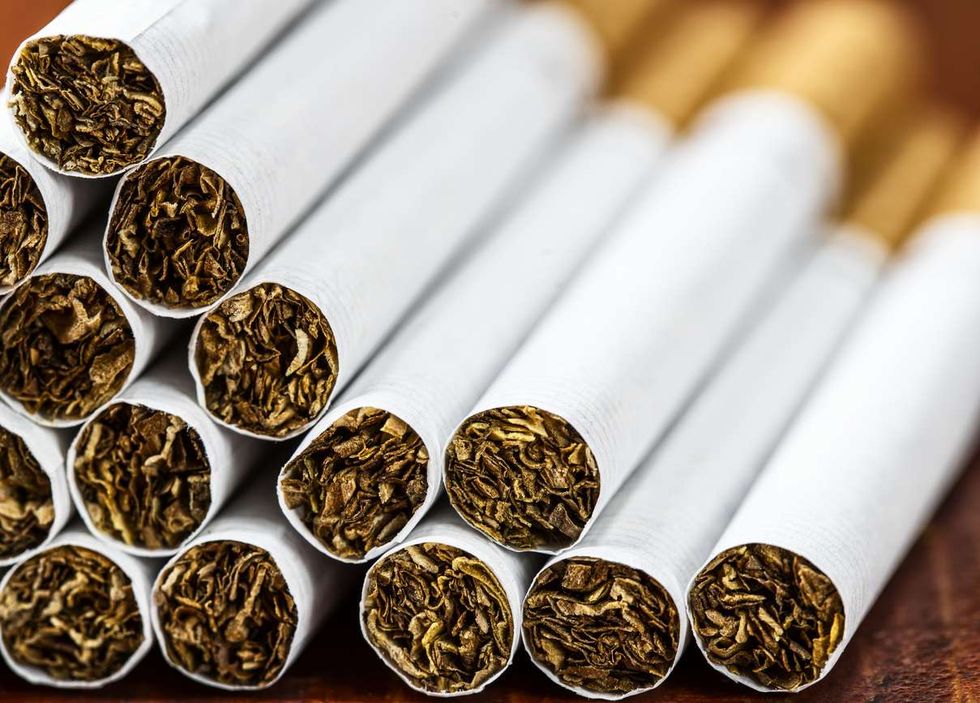
It says its data shows other concerns are far more relevant to the public – naturally, you might say, because the vast majority are now non-smokers (only about 12 per cent of UK adults still smoke)
The Crime and Policing Bill came top with 71 per cent, followed by the Border Security, Asylum and Immigration Bill (69 per cent), and the Children’s Wellbeing and Schools Bill (68 per cent).
“Contrary to what the stop-smoking brigade would have us believe, further anti-smoking measures are not on most people's wish list,” said Forest director Simon Clark. “If ministers had any respect for ordinary people, they would put their ideological hatred of tobacco to one side and focus on the issues that really matter to voters.”
But how “sticky” actually is smoking? Six million people remains a sizeable addressable market for tobacco, and a disproportionate amount of them will purchase their supplies through the convenience channel. The category remains important to retailers – and to smokers, who although are now a small minority, still carry political clout, especially as many vote Labour.
We recently reported on how the generational smoking ban threatens Labour’s grip on Scotland, where one in five say that they are less likely to vote Labour if the generational smoking ban goes ahead, compared with only one in 11 who are attracted by the policy.
The equivalent figures for the UK as a whole are 14 per cent less likely to vote Labour and just 10 per cent more likely (suggesting that the ban goes down particularly badly with Scottish voters). Depending on how dire the polls are looking nearer the general election, there might just be a reprieve...
Whatever the situation, tobacco remains an important category for the independent retailer, and contrary to what media and government might say, or wish, it is not going away any time soon.
Carrying on smoking
Despite the perils of legislation and price increases, smoking continues to be a significant market and a key source of revenue for retailers.
“According to the ACS 2024 Local Shop Report, 20.1 per cent of convenience retailers’ category sales come from tobacco, e-cigarettes and vaping products,” PMI’s Director of Commercial Operations at PMI UK&I, Paul Dufourne.
Andrew Malm, UK Market Manager at Imperial Brands, points out that smokers are still buying, but are more often seeking out “value” brands, a trend that has been evident for more than several years now.
“The UK tobacco category is estimated at more than £22bn each year,” he says. “However, continued pressures on the cost of living, especially in the light of predictions around tax rises in the November budget, are forcing both cigarette and rolling tobacco smokers to re-examine their choices and seek products that offer value without compromising on quality.
“Products in the two lowest pricing tiers – economy and value – currently account for 72 per cent of all cigarette sales in the UK, so it’s clear that the quest for value remains a relentless one."
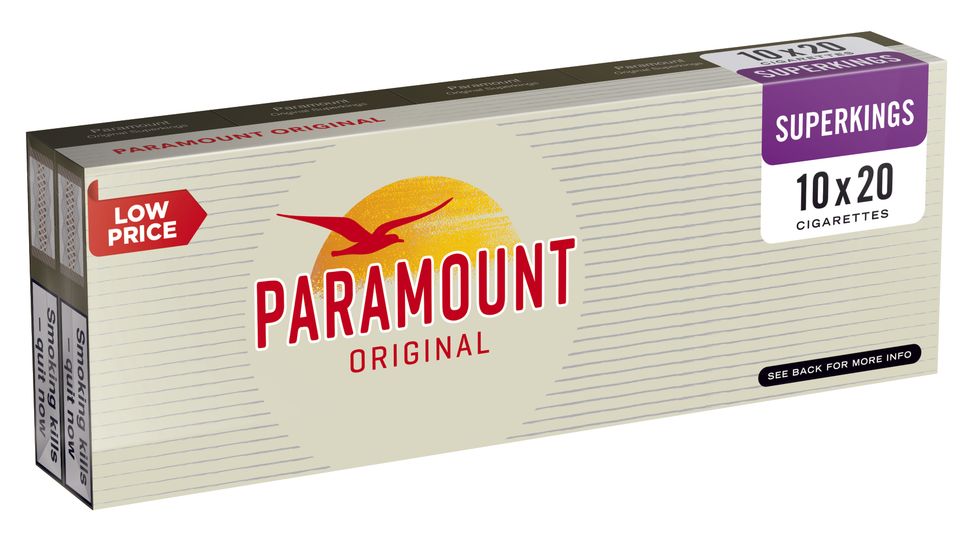
He adds that it does not mean premium lines are necessarily in retreat: “Premium products in both cigarettes and rolling tobacco also retain a highly loyal customer base, so we’d recommend retailers continue to stock these categories too. This is especially the case in rolling tobacco where nearly 37 per cent of products sold are premium [ITUK].
In other words, the most prominent trend, which shows no sign of slowing, is a market splitting into two distinct trends: a growing segment focussed on value and economy brands and a smaller but highly resilient and loyal segment dedicated to premium products. “For retailers looking to support consumers and ultimately drive bottom lines, the key is to cater to both of these distinct consumer groups with trusted, high-quality offerings that meet their specific demands," says Malm.
Value and quality can also be found fused together in next gen tobacco products.
“Independent research conducted by KAM on behalf of Philip Morris Limited (PML) highlights that the opportunity is to be found in appealing to variety,” adds Dufourne. “Findings show that 68 per cent of independent retailers believe that success will hinge on offering a varied product portfolio – one that includes a full range of e-cigarettes, heat-not-burn products, and oral nicotine pouches, rather than relying on a single category as they may have done so previously with disposables.
He says that by adopting a multi-category product approach that meets different consumer tastes and preferences and includes heat-not-burn (HNB) tobacco devices and consumables such as IQOS and Terea sticks. “there’s an opportunity for retailers to switch single-use vape users to a different smoke-free option, preventing them from reverting back to cigarettes whilst also protecting their store’s bottom line.”
So, value and premium traditional tobacco skus, plus the option for HNB to catch smokers’ purchases while others peel off to vapes – and still buy from you. This protects revenue and category share overall.
Although traditional tobacco cannot promote itself in plain sight, unlike next gen, Imperial’s Malm recommends focusing on attracting business through permitted displays that look organised and will visually appeal to all customers.
As for the best products to stock, Malm explains that with value cigarette products accounting for 72 per cent of all cigarette sales [ITUK], “We introduced Paramount, a cigarette brand targeting smokers seeking high quality at exceptional value. Paramount features premium, full-flavour Virginia sun-ripened tobacco, catering to the UK market where most cigarettes feature Virginia blends and full-flavour tobacco”
Available in king-size and super king-size formats, he says that Paramount has become the fastest growing brand in FMC in FY25 [IMB].
Finally, he cites the premium Golden Virginia Original hand-rolling tobacco, which now comes in a 40g pouch, as well as 30g and 50g in response to continued price inflation and cost-of-living pressures – “offering adult smokers more choice”.
The appeal of HNB
Asian trader talked to PMI’s Paul Dufourne about the wisdom of looking seriously at heat-not-burn products to defray losses in traditional tobacco sales due to taxes, smokers quitting for vape, and the curse of the black market.
He says that according to anti-smoking lobbyists ASH, 73 per cent of UK adult smokers have tried vaping, but only 23 per cent have stuck with it – just one third. “Recognizing that no single smoke-free product can cater to every smoker's preferences, embracing a multi-category approach becomes indispensable for those investing in their smoke-free portfolio,” he says.
What’s changed recently is that PMI’s IQOS net revenues have surpassed those of Marlboro, the world’s most valuable cigarette brand, and this in less than a decade since IQOS’ launch.
“In the UK, as with many other markets, the growth of heated tobacco has been in sharp contrast to the decline in cigarette sales, similarly to Europe where heated tobacco unit sales have increased by 9.4 per cent during the first three months of 2024, reflecting continuous growth momentum for IQOS across the continent.”
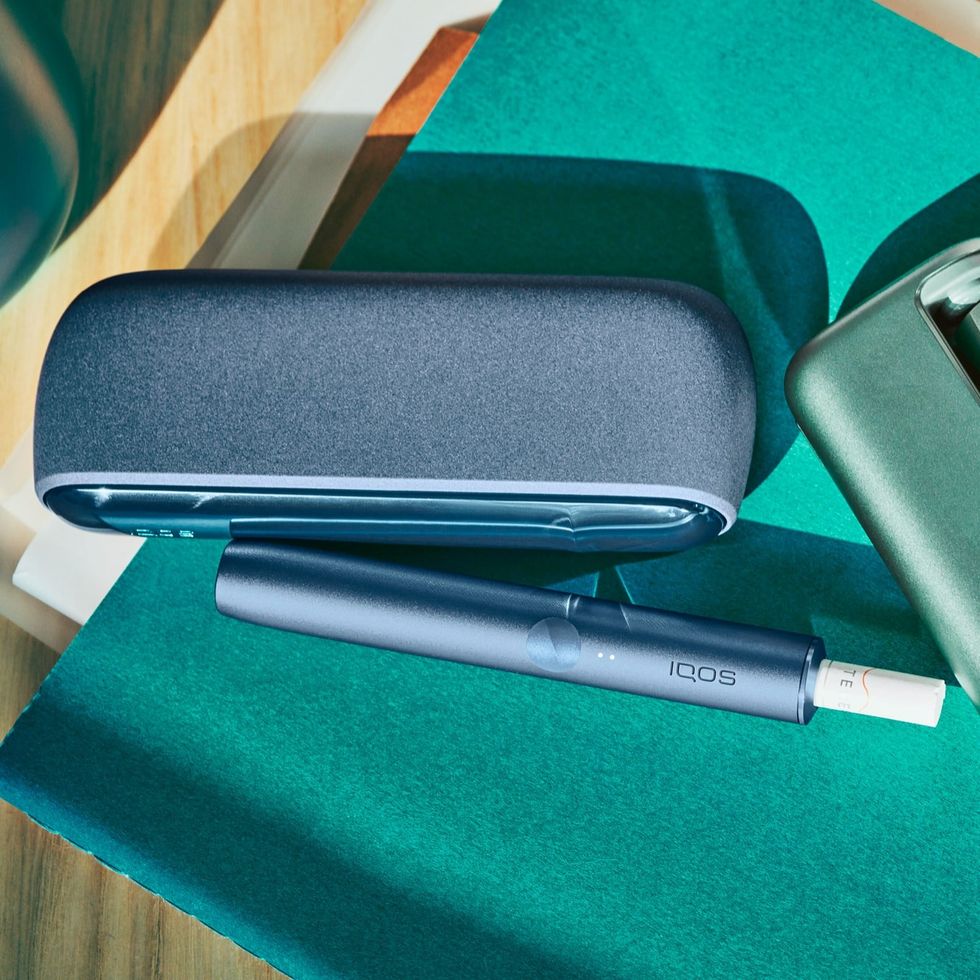
If you don’t yet stock HNB products – others are of course available, such as JTI’s Ploom – then it’s time to think about doing so, as the economic case for stocking them is becoming ever-more persuasive.
“Nationally, the percentage of convenience retailers now selling our TEREA and HEETS tobacco sticks has risen by 42 per cent in two years [Nielsen], while cigarette sales declined by 34 per cent during the same period,” says Dufourne. This trend is apparently also reflected in grocery multiples, where sales of IQOS kits grew by 269 per cent between September 2021 and December 2023 (while cigarette sales declined by 27 per cent) – meaning that if indies don’t sell HNB products, they will simply lose those sales to Tesco et al.
“And now,” adds Dufourne, “with similar signs of rising popularity in the nicotine pouches category which saw volumes increase by 91 per cent in early 2024, the breadth of access to new smoke-free alternatives for adult nicotine users has never been as varied in the transition away from traditional cigarettes.
Responsible retailing
It’s hazardous out there for retailers.
Smuggled and illicit tobacco products are everywhere now, and PMI’s Dufourne says that 82 per cent of independent retailers felt it was either “likely” or “strongly likely” that the illicit market for disposable vapes might also increase after a possible ban on disposable e-cigarettes.
Illicit products of all kinds can contain unknown ingredients and lack the quality and standards found with legitimate alternatives. “Retailers concerned about stocking compliant products can rely on our field reps, Wholesale and Cash & Carry channels, and our Digital Trade Engagement platform, HEATWAVE OPEN for reliable guidance," he says. “This comprehensive support ensures retailers can navigate the market confidently and avoid illicit products. Don’t let fear of the unknown dissuade you from trying new products such as HNB. Despite confusing legislation, the producers are here to help.
HEATWAVE OPEN is designed to support retailers stocking IQOS and PMI’s emerging portfolio. It provides valuable guidance, educational resources, and incentives, helping retailers and their staff transition smoothly to smoke-free alternatives.
Exclusively available to retailers enrolled in PML’s HEATWAVE OPEN program, the platform serves as the sole channel for retailers to order IQOS ILUMA. Retailers can also procure TEREA - the tobacco sticks used exclusively with the IQOS ILUMA device – alongside PML’s broader range of smoke-free products.
Imperial Brands also offers advice to tobacco traders that can help them keep abreast of changing regulations – and also the latest products and innovations on offer – with its Ignite app.
“Regularly updated, Ignite outlines what to be aware of and how retailers can remain compliant going forward,” says Malm. “It is accessible via a handy mobile app and provides tobacco traders with up-to-date category information, legislation and product news with ‘one minute’ reads that busy retailers can quickly consume.”
He adds that the Ignite app also supports staff management objectives to help retailers keep employees informed, and gives helpful pointers to staff training opportunities, assistance with age verification and insight around exclusive offers or incentives to drive sales.
Accessories galore
Tobacco accessories continues to be a key category for the convenience sector. Those in the convenience channel account for more than half of all tobacco accessories sales and are now valued at £251m, growing at 14.5 per cent year-on-year [IRI Marketplace].
Roll-your-own specialist Republic Technologies UK is driving increased consumer demand for its brands of choice in the UK’s strong-performing tobacco accessories market, benefitting from the value-turn toward hand-rolling tobacco.
With the market valued at over £450m and growing at an astonishing (but understandable) 14.6 per cent, Republic Technologies is making a major contribution to sustained category growth, thanks to a combination of ground-breaking NPD, strong retailer relations and trade support for both new and established products.
The £126m papers sector continues to perform well, with value sales up 8.1 per cent YOY, and Republic Technologies is increasing its presence in this sector by offering consumers more choice within its fast-growing, environmentally-friendly OCB range.
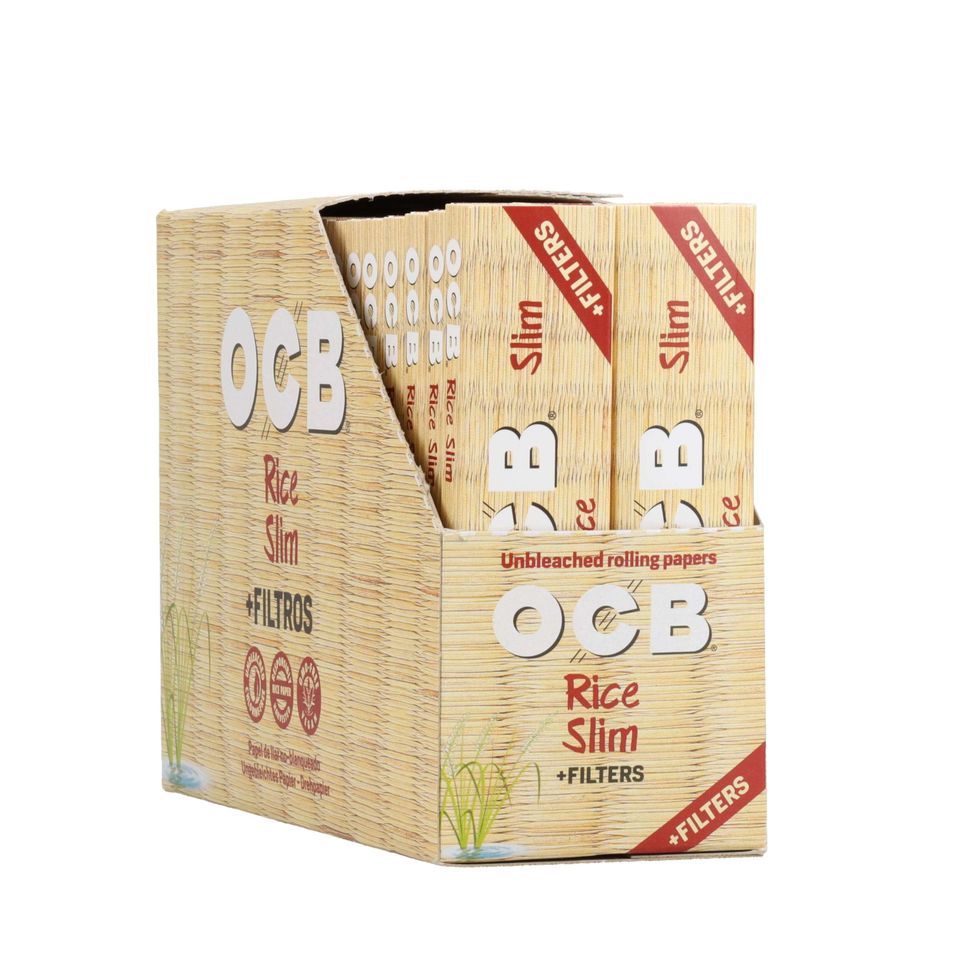
“Shoppers still want quality and value, which OCB delivers, but the plus point for the range is its environmental credentials which offer a clear point of difference vs most other papers, and this is really resonating with roll your own purchasers,” says Gavin Anderson, Sales & Marketing Director at Republic Technologies.
Organic and chlorine free, OCB Rice Papers are made from a blend of rice and organic hemp. The unbleached, ultra-thin papers deliver a premium rolling and slow-burning experience in a natural, brown paper. With 32 papers per pack, OCB Rice is available in both Slim (RRP, £1.10) and Slim & Tips (RRP, £1.73).
Republic Technologies also underlining its environmental credentials in the £78m filters sector with the rollout of Just Paper plastic free Swan filter tips.
Anderson explains that in a category-boosting first for tobacco accessories, Just Paper Swan Filters provide consumers with an experience that is similar to traditional cellulose acetate filters, but with a much lower environmental impact
The Swan Just Paper range features a "flip-a-tip" design which dispenses loose extra slim filters, without the use of plastic rods. Each box contains 120 filters, with 10 boxes per outer, with an RRP of £1.45 per consumer unit.
“Choice, innovation and quality are well established drivers of the tobacco accessories category, and the Just Paper range delivers in each of those areas,” says Anderson. “Significantly though, the range has advanced the development of filter tips by offering roll your own consumers a product which not only delivers on performance, but which also has a significantly reduced impact on the environment”.
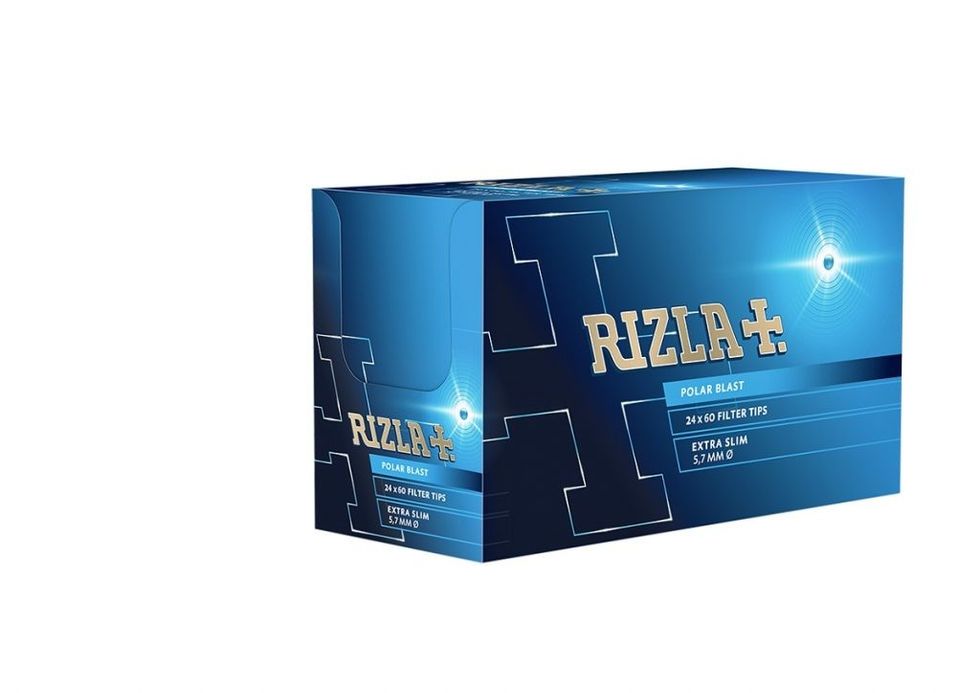
Imperial Brands’ Andrew Malm says, “Our world-renowned Rizla range continues to dominate the accessories category, with one in two papers sold in the UK being Rizla Green [EPOS].
“We recently added a new Classic King Size Combi variant to our iconic Rizla range, including 32 unbleached king-size papers and tips – offering everything for the perfect, authentic rolling experience. This was driven by a trend of value-savvy consumers increasingly migrating from king-size to combi cigarette paper formats for added value and convenience. There’s also growing demand for unbleached papers as consumers seek a more natural look.”
More than ever, the tobacco gantry and its allied products need to be paid attention to, updated and stocked according to the latest NPD and trends, in order to safeguard and even increase revenues – but the potential revenues remain, and suppliers are doing their level best not only to help you sell now, but in the future as well.


